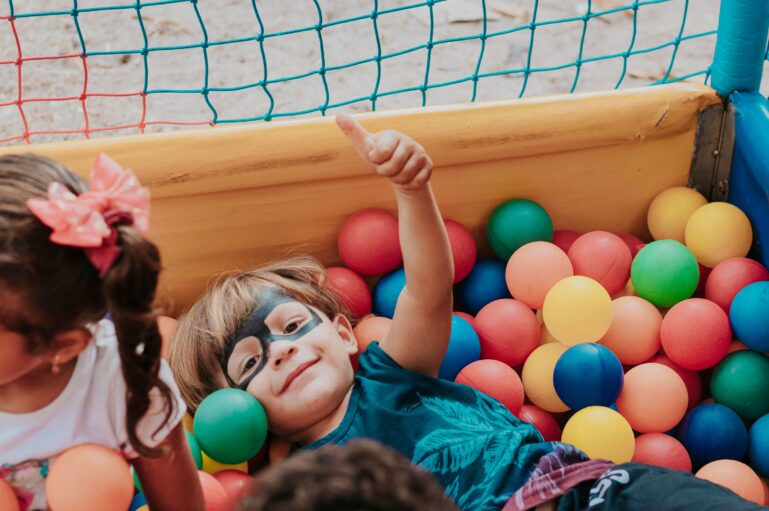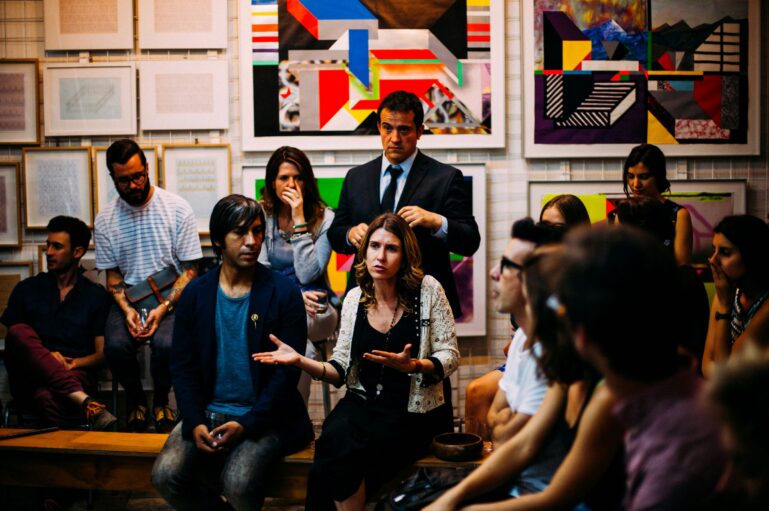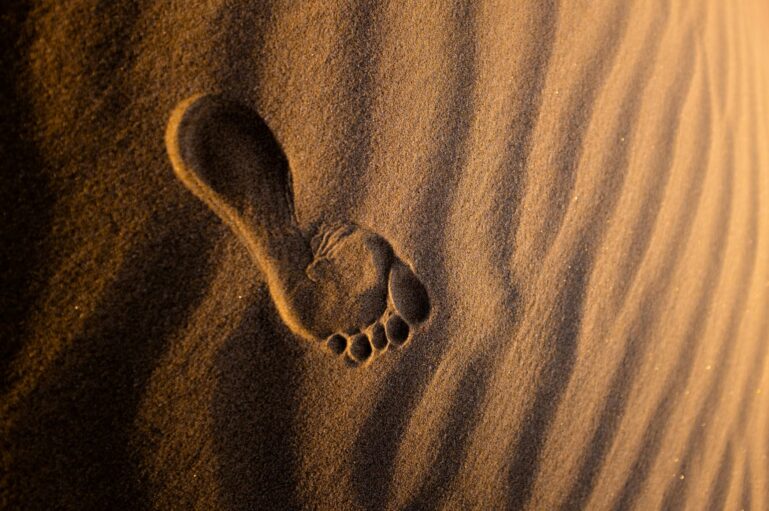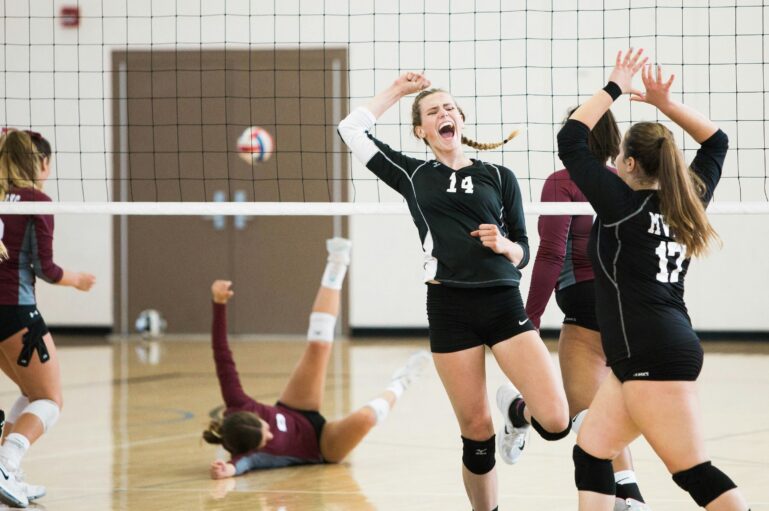“All children are born geniuses; 9 999 out of every 10 000 are swiftly, inadvertently degeniusised by grownups” (Buckminster Fuller)
Watching little children at play within the context of a safe environment is fascinating – they live in the ‘now’, their imaginations go into overdrive and the passion they express with every interaction or activity is unparallelled. They give all that they have to the game. Nothing holds them back from expressing themselves. Excitedly, they assume that everyone is going to participate fully and include everyone as such. They don’t dwell in their memory – “oh, she said this about me last week, so I am not going to play with her” – all their attention is focused on current potential, possibility and fun. They live within the vision or picture of the game that they have in their minds.
As they grow older, however, they hear the word ‘no’ more often from parents, teachers and others. They are inadvertently taught that they need to limit themselves in their thinking and be circumspect about their abilities. They get criticised, even put down by others, and their self-esteem gets squashed. They develop a caution for the human being for fear of being hurt. They remember how someone treated them in the past and start avoiding hurtful people. Their memory starts guiding their choices, reducing possibility simultaneously. They become ‘trapped’ by their own thoughts and never reach their potential.
Nelson Mandela, former president of South Africa, spent almost twenty-seven years in prison for fighting against the apartheid regime. Mandela was impelled by his imagination rather than by his memory. He could envision a world far beyond the confines of his experience and memory, which included imprisonment, injustice, tribal warfare and disunity. Deep within his soul resonated a belief in the worth of every South African citizen.
Dr Stephen R Covey, in his book “The 8th Habit”, noted: “Vision is seeing a future state with the mind’s eye. Vision is applied imagination. All things are created twice: first, a mental creation; second, a physical creation. The first creation, vision, is the beginning of the process of reinventing oneself or of an organisation reinventing itself. It represents desire, dreams, hopes, goals, and plans. But these dreams or visions are not just fantasies. They are reality not yet brought into the physical sphere, like the blueprint of a house before it’s built or musical notes in a score just waiting to be played.”
Each of us has immeasurable power and capacity to reinvent our lives. Albert Einstein said: “Imagination is more important than knowledge.” Memory is past. It is finite. Vision is future. It is infinite. Vision is greater than history, greater than baggage, greater than the emotional scars of the past. Perhaps the most important vison of all is to develop a sense of self, a sense of your own destiny, a sense of your unique mission and role in life, a sense of purpose and meaning. If you find that vision, you will be able to act with greatness.










